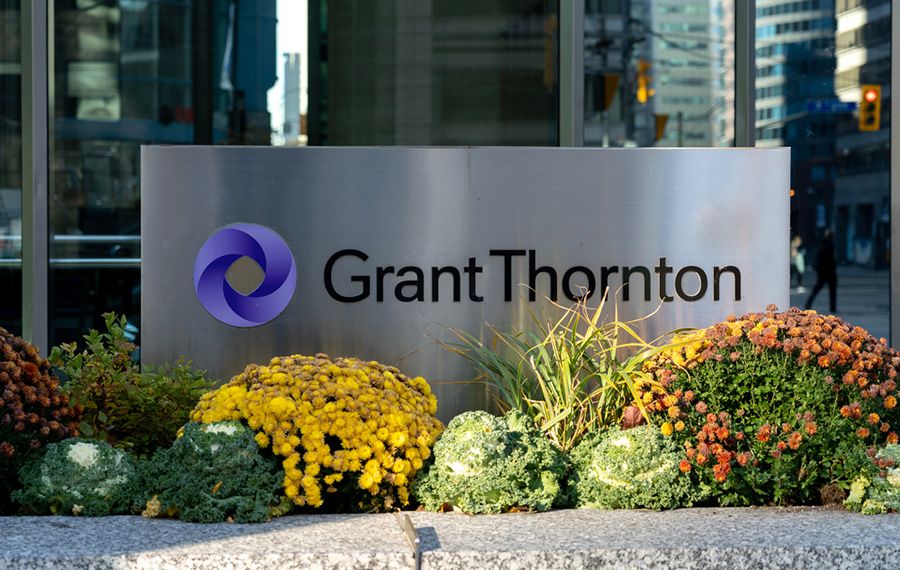Cinven completes buyout of Grant Thornton UK in deal expected to value firm at up to £1.5bn


Cinven has finalised its acquisition of Grant Thornton UK, marking the largest private equity transaction in the British accounting sector to date.
While financial terms remain undisclosed, the deal is expected to value the firm at up to £1.5bn, according to industry sources.
The acquisition was reviewed by the Financial Reporting Council to ensure the firm’s audit independence remains intact post-transaction. Grant Thornton confirmed that 250 partners received an average payout of £682,000 in 2024, up 6% from the previous year. A one-off £39m bonus was distributed across staff, and non-partner employees are set to receive shares in the company in the coming weeks.
“This represents the most significant private equity investment in a UK accountancy firm so far,” said a spokesperson close to the matter.
The transaction also signals a broader shift in ownership models within the professional services sector, as firms seek external capital to support growth and partner liquidity. Grant Thornton reported a modest increase in operating profit and an 11% rise in net revenue to £724m, though deal-related transaction costs weighed on earnings.
Cinven’s entry into the accounting space highlights the sustained appetite for private equity-backed expansion across traditional professional services. The deal follows a growing trend of UK firms mirroring their US counterparts in adopting capital restructuring strategies.
Meanwhile, fellow mid-tier firm MHA, part of Baker Tilly, opted for a public listing on London’s Aim. Its IPO valued the firm at £271m, below the initial £350m target. CEO Rakesh Shaunak cited market turbulence and a desire to retain strategic control as reasons for choosing the public route over private equity funding.
The FRC stated it would continue engaging directly with firms considering alternative ownership structures, underlining that all parties must maintain high standards of independence and public accountability.
Source: Financial Times
If you think we missed any important news, please do not hesitate to contact us at [email protected].




